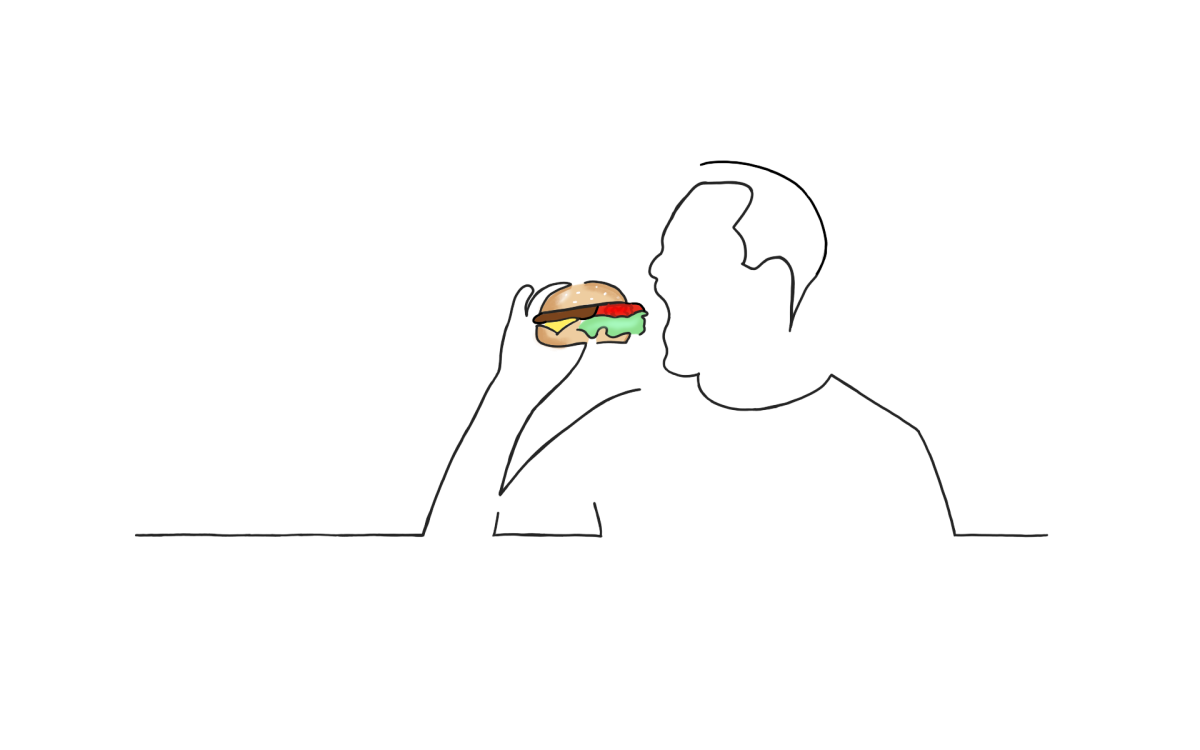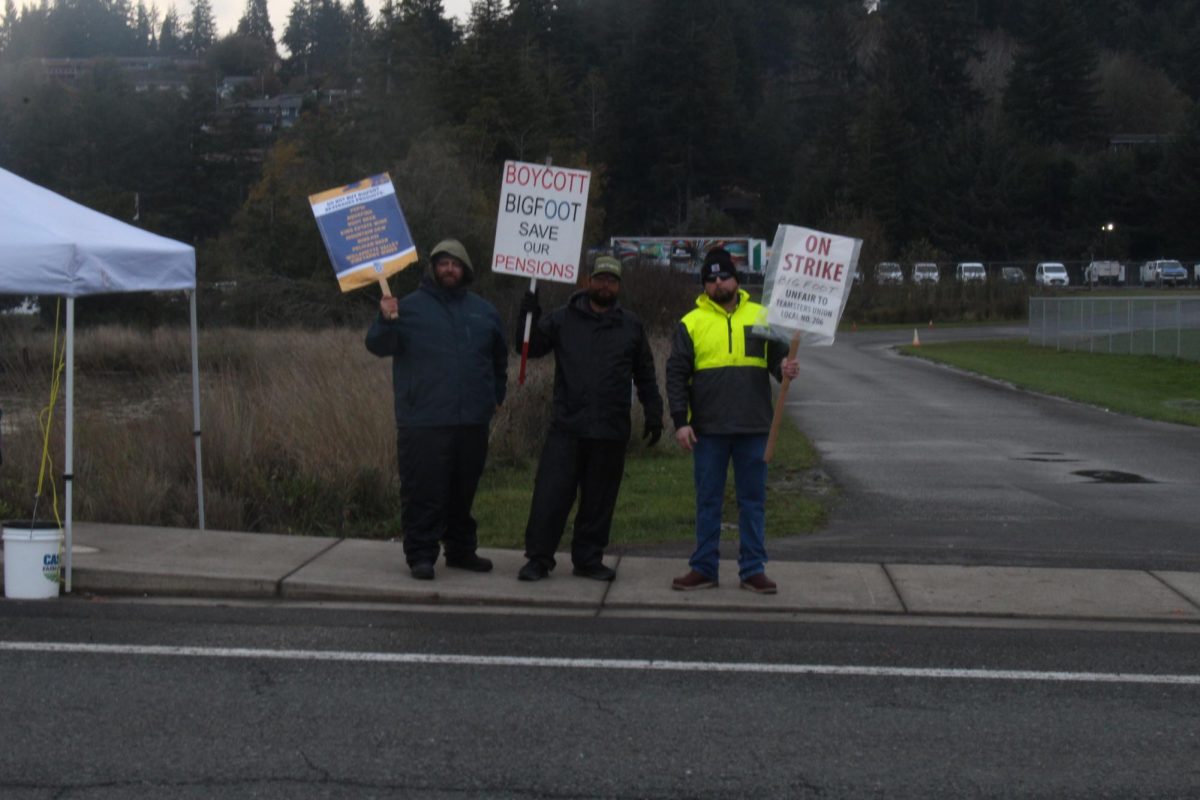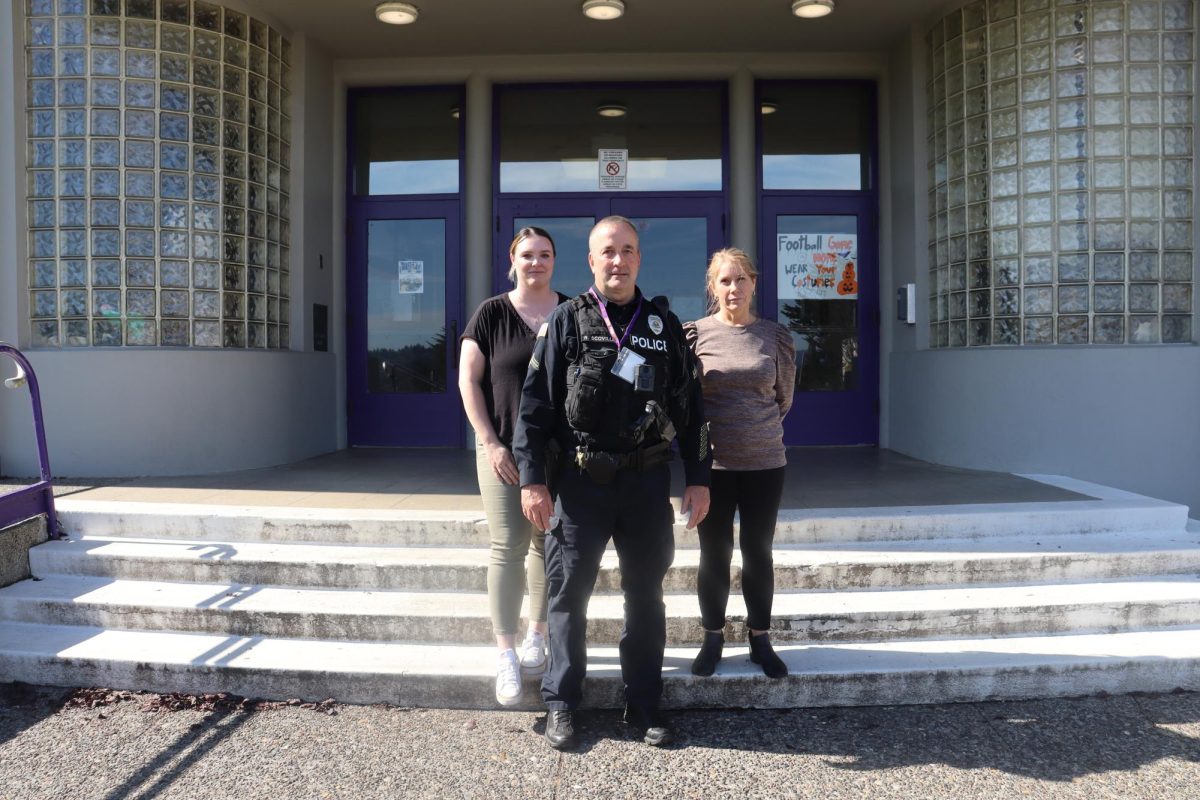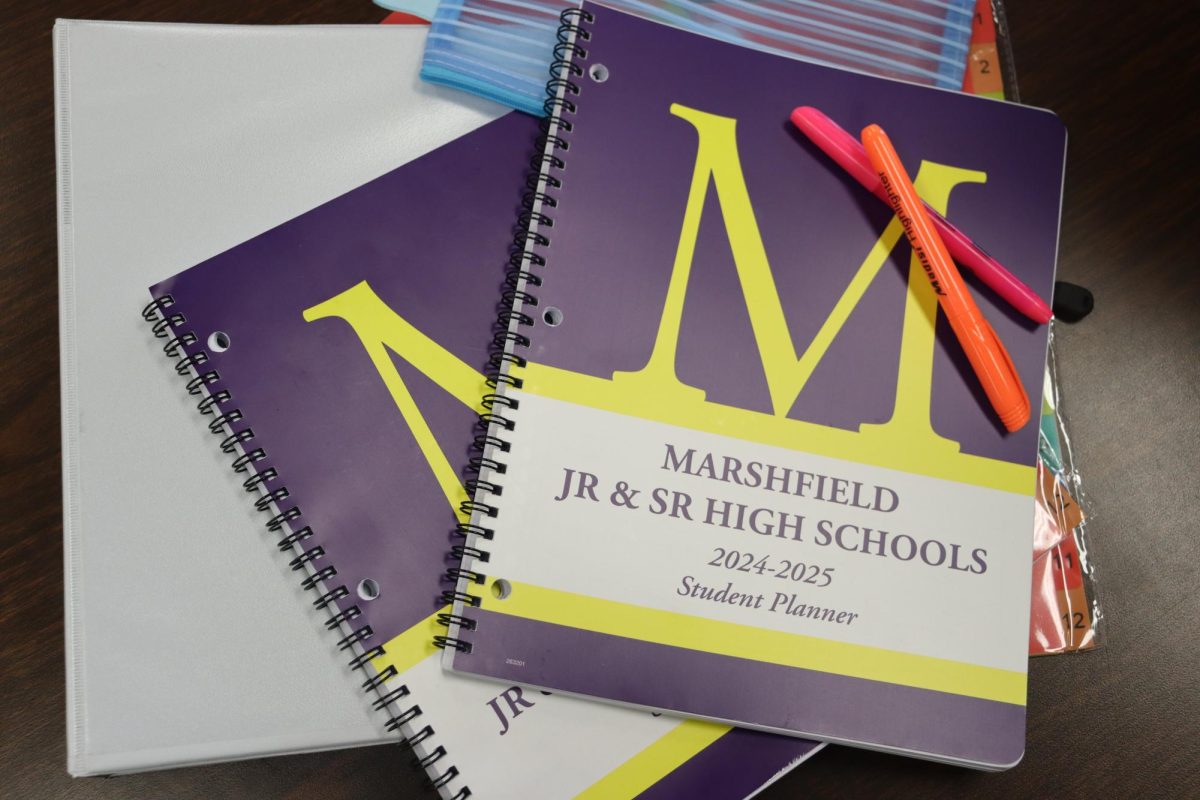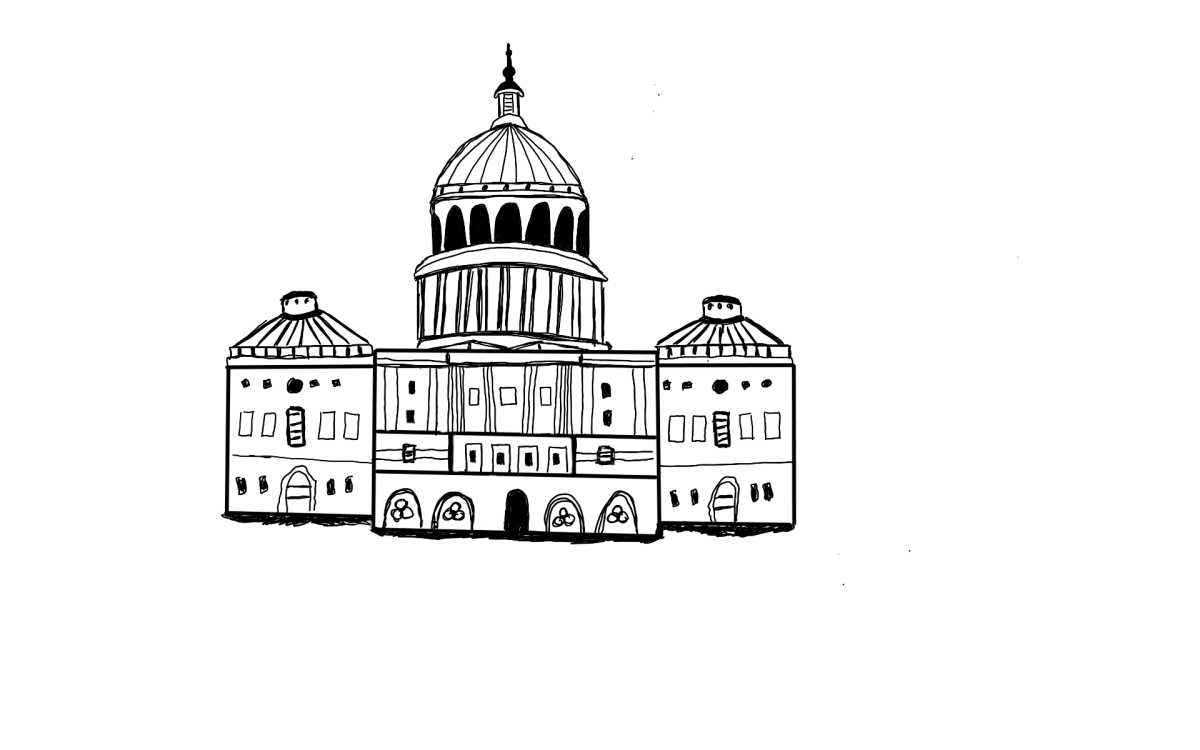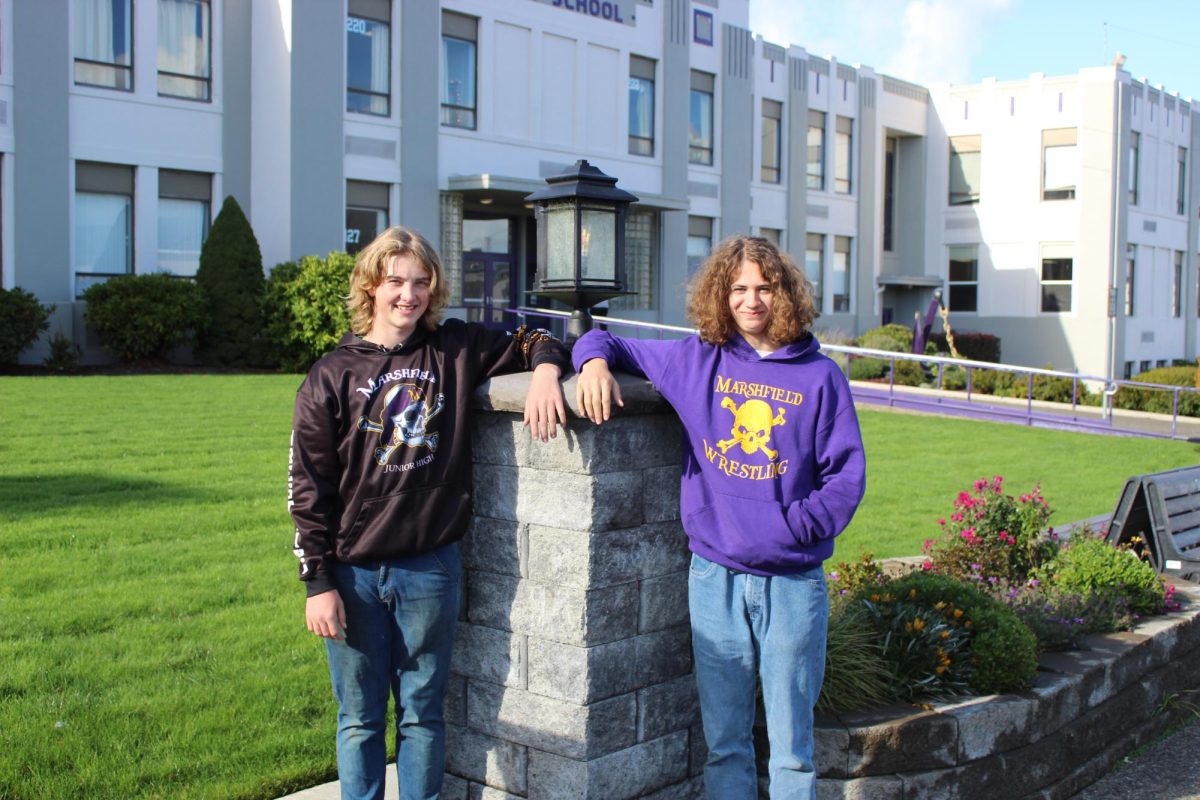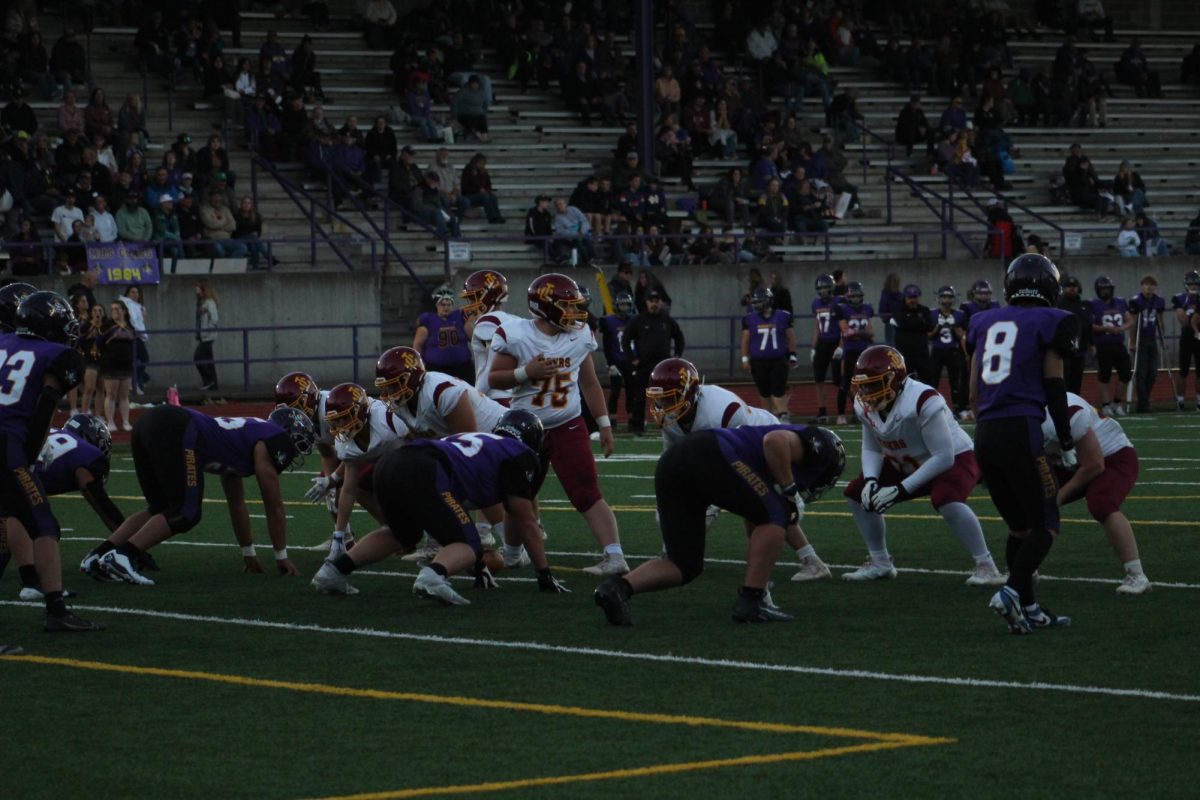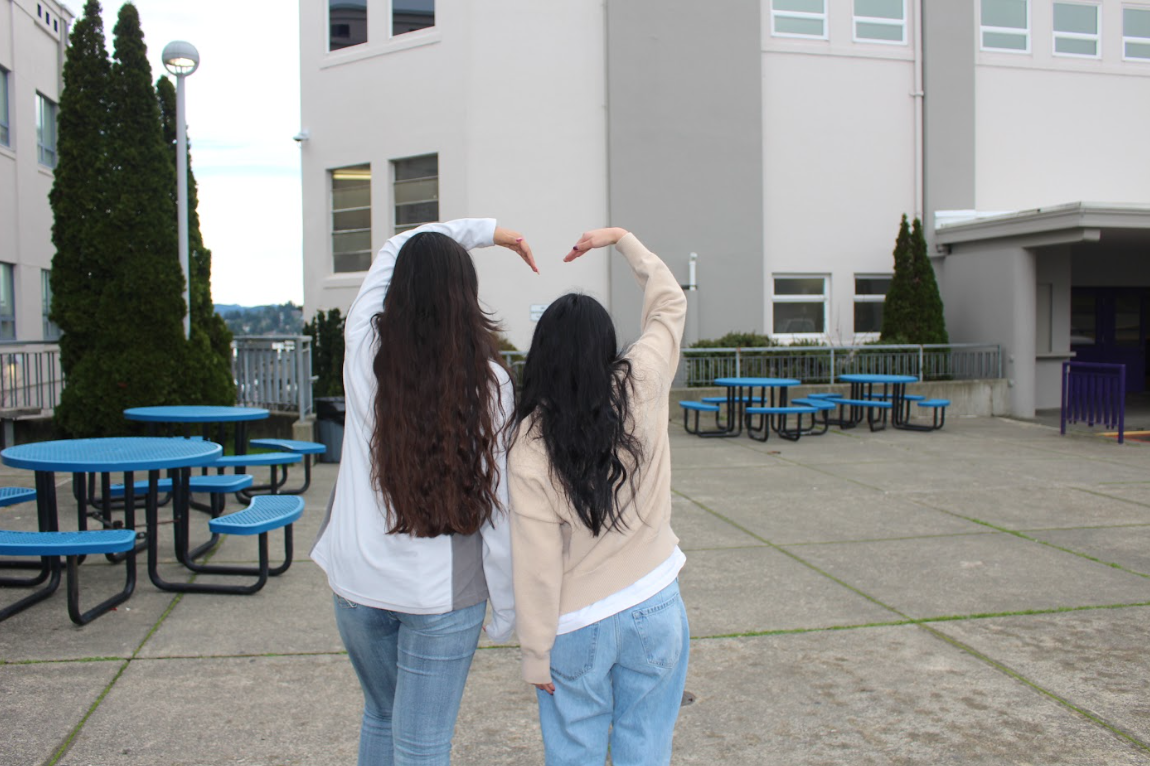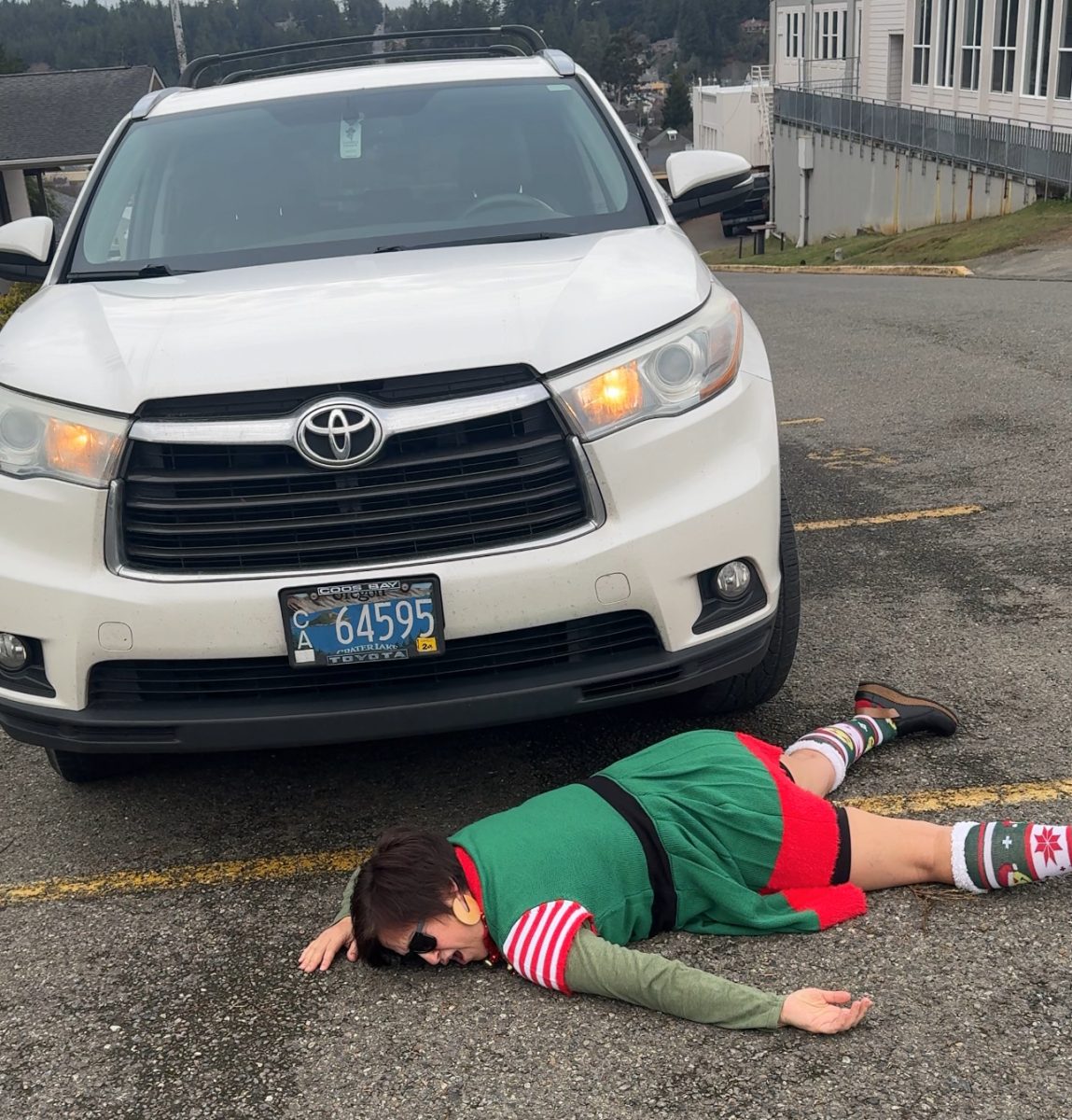Music is a powerful and emotional experience for many people, yet so many don’t acknowledge just how much music affects how you feel and how it affects your mental health.
“Music is everything to me, it helps me with my anxiety by giving me something to ground myself with,” says Ayasha Campos, Marshfield High School senior. “I’ve made multiple friends based off of our music tastes, and it just makes everything better.”
Music is almost the heartbeat of cultures; all throughout the world music has been a tool people use to express themselves, connect with one another, and share stories. Starting from ancient drum beats to even today’s pop, rap, and R&B hits, it implements different feelings or vibes where it is played. It can make a boring day energizing, or make a formal event or party more lowkey or chill.
“Oh, deep in my heart, I know that I do believe; We shall overcome, someday,” sang Joan Baez in the song “We shall overcome.”
This particular song was sung during the Civil Rights Movement. Like it, there are multiple benefits of having songs used in social and political movements. Music can and has brought about social changes from lyrics to powerful and influential messages. Music has given people voices and courage when needed the most. It isn’t only about what the lyrics say and how the beat sounds–it’s about the message.
People today listen to music for a variety of reasons. To many people, music is comforting. When people are feeling sad they tend to listen to sad music to feel a sense of belonging and knowing other people feel the same way they do.
“Whenever I’m feeling down I put on more upbeat music and it always makes me feel better,” Campos explained.
Aside from being a way to express your feelings, music also plays a role in making people feel connected to others. It is the soundtrack of friendships, as well as something that pulls people together when watched live.
“If I listen to something more upbeat it makes me feel happier,” said MHS junior Eliot Aley. “if I listen to something more low key I might feel more sad.”
A survey of MHS students shows a correlation between mental well being and music genre. Based on the results, people who listened to mostly emo or metal music had an average experienced more feelings of sadness than those who listened to pop, rap, or other genres of music. Indie music-lovers also reported more sadness. So, music does have a correlation when it comes to mental health.


